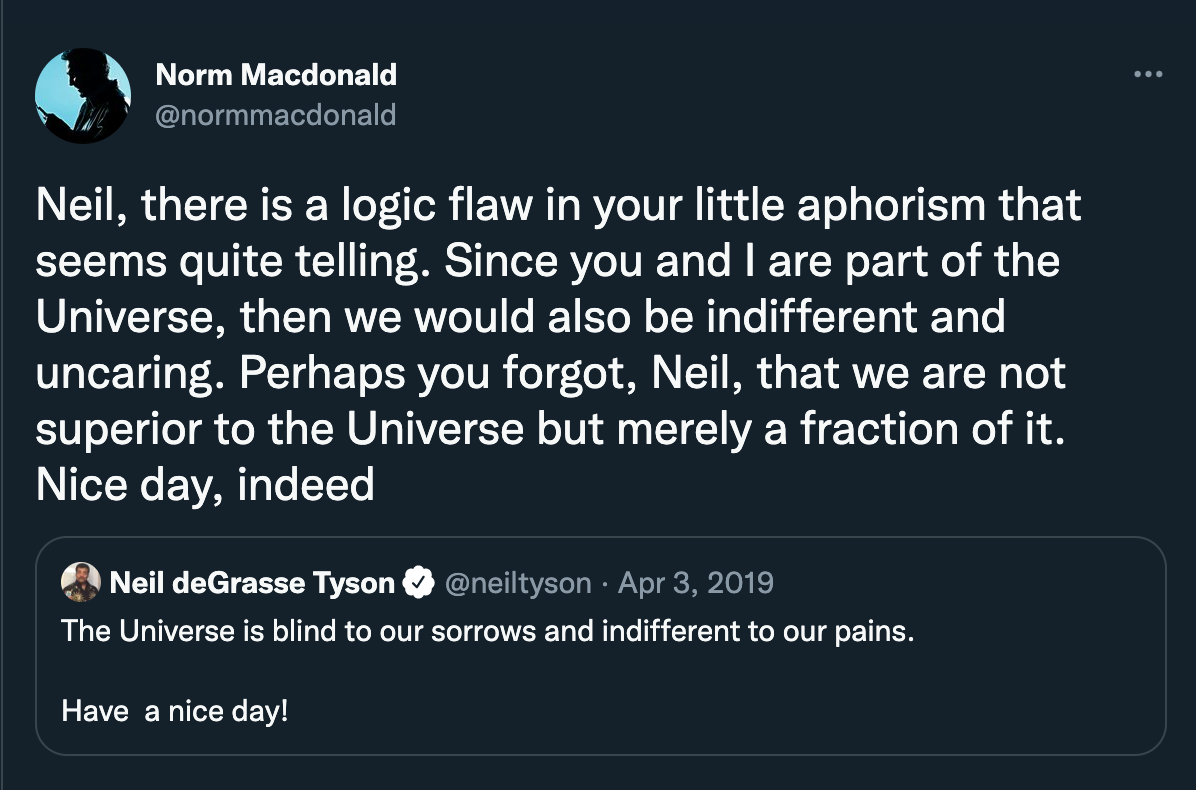There’s this tension I go through as a music fan that some of you may have experienced. I’ll get really into a niche or lesser-known artist and think it’s crazy that they don’t have a bigger following, that they deserve to be acclaimed and popular. But then once in a while that actually happens for them, and then it’s hard to get tickets to their shows and when you do go there are, like, an oppressive amount of people there with you.
That’s been my recent experience with Tyler Childers, whose music I’ve enjoyed since my brother introduced me to “Whitehouse Road.” I bought the CD of his first studio album, Purgatory, in 2017; it was in heavy rotation in my car until it snapped in half last year. The first time I got to see him in concert, in 2018, it was from a few dozen feet away in a sparse crowd at Seattle’s tiny Neptune Theater. When he came back to Seattle a year later the best seats I could get were in the balcony at the much larger Paramount, which was packed to the gills. And by 2021, when some friends and I saw him headline the Under the Big Sky festival in Whitefish, Montana, he had gotten so popular that we had to evacuate our spots at the front of the crowd because we were in actual danger of being crushed by rowdy teenagers and good ol’ boys in mullets and Pit Viper shades. When we bailed to the fresher air at the edge of the crowd we could see the full lawn that had packed in to watch him play, a football stadium’s worth of people all going berserk for this muttering, good-hearted weirdo from Kentucky.
It’s hardly a novel observation that sometimes it feels weird when an artist you thought was your little secret makes it big. There were like five years or so when I was in my twenties that the word “hipster” had a whole economy around it.
I try not to be a hipster about the music I like for a few reasons. One is that I think it would be stupid for someone else’s enjoyment of a thing to diminish my own. Music is not a finite resource (even if space at a concert venue is). But more importantly, most of the artists I like1 who have gone from nobodies to megastars haven’t let success cheapen their art. Quite the opposite, really: the financial security and earned goodwill let them keep getting weird with things. It allows them to do what I think good artists should do: worry solely about whether they’re making something they want to make, rather than something they think they’re supposed to make.2
Sturgill Simpson, another of my favorite musicians, has put out seven studio albums across five-ish genres: bluegrass, acid rock, vaguely nautical country rock, Japanese-influenced rock, bluegrass, bluegrass,3 and an “eastern” narrative concept album, in that order. His debut High Top Mountain was an instant Appalachian gem, its influences immediately recognizable. He could have made six more of those albums and coasted to riches and fame; if you had asked me at the time I would’ve said I wanted that from (and for) him. Instead he immediately zigzagged and spent a half-decade putting out music that no one could anticipate from one release to the next.
I bring this up in relation to Tyler Childers because he just put out a new album, Can I Take My Hounds to Heaven?, last Friday. It is, for lack of a better term, gospel. It contains twenty-four tracks, but only eight songs, each of which has three different versions (labeled “Hallelujah,” “Jubilee,” and “Joyful Noise.”) It’s ambitious and weird, and he’s one of the only artists that could convince me to listen through a gospel album, especially one approaching two hours in length.
While his oeuvre has been narrower in scope than Sturgill’s, Tyler has also not let himself be boxed in—prior to Hounds, his most recent release was 2020’s Long Violent History, an album that is entirely instrumental save for the eponymous final track, a clarion call for solidarity with Black people murdered by police. (This song and the video statement he released to accompany it, coupled with his ongoing refusal to play his single most popular tune, “Feathered Indians,” anymore, led several people camped around us at that Montana festival to lament that “Tyler went woke.” I personally find that an odd complaint to make about someone you knowingly forked over money to watch, but to each their own.)
Whatever his politics, I think what draws me most to Tyler Childers’ music (besides, well, how good it sounds) is the fascinating cosmology that his lyrics convey. Raised a “Baptist heathen,” he once dated a Catholic girl who introduced him to the concept of purgatory, which inspired the song and album that launched his career. But despite his origins he doesn’t stay strictly Christian in his attitudes toward life and death. “Purgatory” begins with the following lines:
Will you pray for me
When the roots of the oak and my ribcage are braidin'
If I can think
Lord knows that I will fondly pray for you
High on the hill where the fox horns blow
And down in the grave where they lay me low
Catholic girl, pray for me
You're my only hope for Heaven
Those first lines aren’t capital-r Religious so much as they are inscribed by a goth-hippie-Christian triangle, one that gives just as much import to the body returning to earth as it does to the soul ascending elsewhere. This is a common theme in Childers’ music—he returns to it later in Purgatory, on a track titled “Universal Sound.”
I focus on my breathing and the universal sound
I let it take me over from the toenails to the crown
Of the body that I'm in 'til they put me in the ground
And I return to the chorus of the universal sound
I find these notions comforting, like I find human composting comforting. As someone who doesn’t believe in heaven or hell I think what makes life precious is its finitude; as someone who spends a lot of time walking in and pondering about nature I think a valuable, beautiful final act is returning one’s body to the earth. I love the world and am in awe of the universe and while I am terrified of dying I know I am only borrowing this consciousness and this arrangement of atoms from the cosmos.
Anyway this newsletter wasn’t meant to be an exhaustive piece of music criticism but it always seems to take me a while to figure out the real point and get to it. I hope you have some comforting notions that you lean on at your core and I hope you have some music to listen to that reminds you of them.
Thanks, as always, for reading. I’ll talk to you next week.
-Chuck
PS - If you liked what you read here, why not subscribe and get this newsletter delivered to your inbox each week? It’s free and always will be, although there is a voluntary paid subscription option if you’d like to support Tabs Open that way.
There is, however, a place we’ll call the “Kanye Zone” where you don’t want to end up.
Note to self.
Two of his most recent albums, Cuttin’ Grass volumes I & II, consist entirely of up-tempo bluegrass re-recordings of his own songs. For the most part I think the original material is enhanced, rather than cheapened, by this kind of self cover work.






